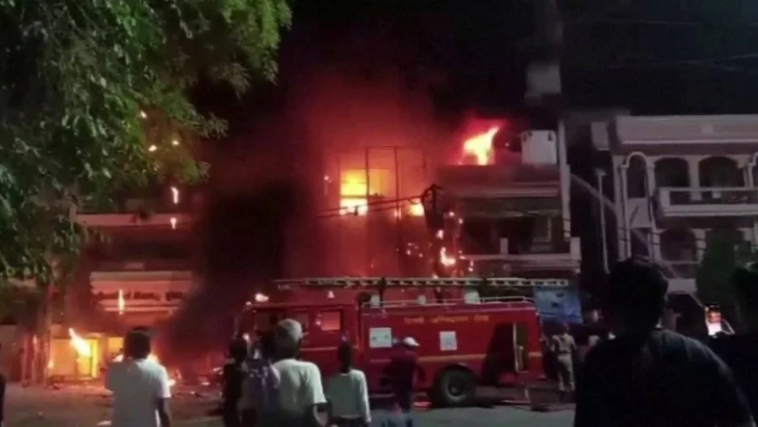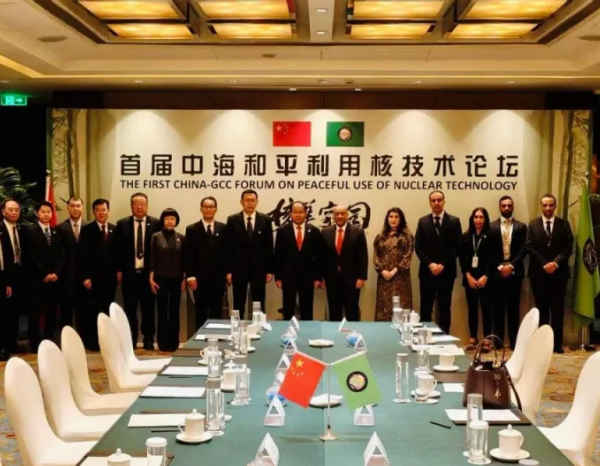With just hours remaining for a consensus at the COP29 summit in Azerbaijan, negotiations remain deadlocked over a trillion-dollar climate finance agreement, as highlighted in a fresh draft released on Thursday. The impasse underscores persistent divides between developed and developing nations over funding commitments to combat climate change.
The latest draft text, unveiled at the UN climate summit in Baku, leaves out a crucial figure for annual climate financing, referencing only a placeholder “USD [X] trillion.” This omission has drawn sharp criticism from negotiators and activists alike.
EU climate commissioner Wopke Hoekstra expressed frustration with the document:
“I’m not going to sugarcoat it — it is clearly unacceptable as it stands now. There is not a single ambitious country that thinks this is nearly good enough.”
Trillion-Dollar Divide
Negotiators are tasked with replacing the current $100 billion annual climate finance target, a pledge by wealthy nations to assist poorer countries in reducing emissions and adapting to climate impacts. Developing nations are pushing for at least $1.3 trillion annually, mostly from public funds, while wealthier nations advocate for leveraging private sector investments alongside government contributions.
Ali Mohamed, Kenya’s climate envoy and chair of the African Group of Negotiators, called the lack of a concrete financial commitment the “elephant in the room.”
“This is the reason we are here, but we are no closer. Developed countries need to urgently engage on this matter,” Mohamed said.
Broader Disputes
The 10-page draft also fails to resolve other contentious issues, such as which nations contribute and how funds will be allocated. The unresolved negotiations have drawn criticism from activists like Jasper Inventor of Greenpeace, who called the absence of a clear financial figure “an insult to the millions of people on the frontlines of climate change impacts.”
Meanwhile, the broader push to phase out fossil fuels, a pledge made at last year’s COP28, has largely been sidelined, raising concerns among environmental groups.
Despite the stalemate, some leaders remain optimistic. Ireland’s climate minister Eamon Ryan said negotiations on finance were progressing behind closed doors, while Norway’s climate minister noted that the deadline had not yet passed.
Bridging the Gap
The divide reflects long-standing tensions between developed and developing nations. Wealthy countries, including the U.S. and the EU, favor counting all sources of finance, including private investments. They are also urging nations like China, which is not obligated under existing agreements, to contribute.
In contrast, developing nations insist that funding come primarily as grants or no-strings-attached contributions from government budgets, rather than loans that would exacerbate national debt.
Observers like Li Shuo from the Asia Society Policy Institute criticized the draft for presenting “two extreme ends” without viable middle ground. Kenyan activist Mohamed Adow likened the current offer to “a blank piece of paper.”
As the clock ticks down, COP29 lead negotiator Yalchin Rafiyev remarked on the complexity of climate diplomacy, stating, “The rule of climate negotiations is that everybody leaves equally unhappy.” Whether that will be enough to produce a landmark finance agreement remains to be seen.



